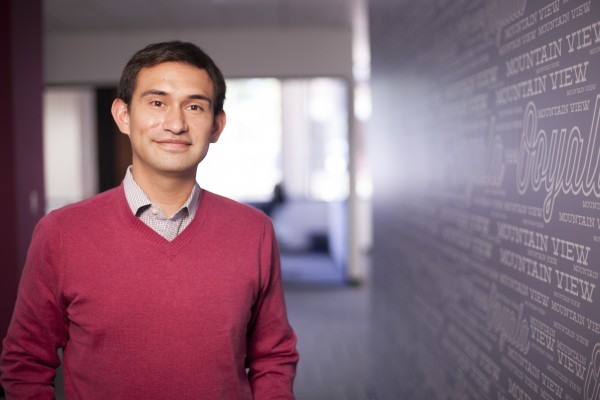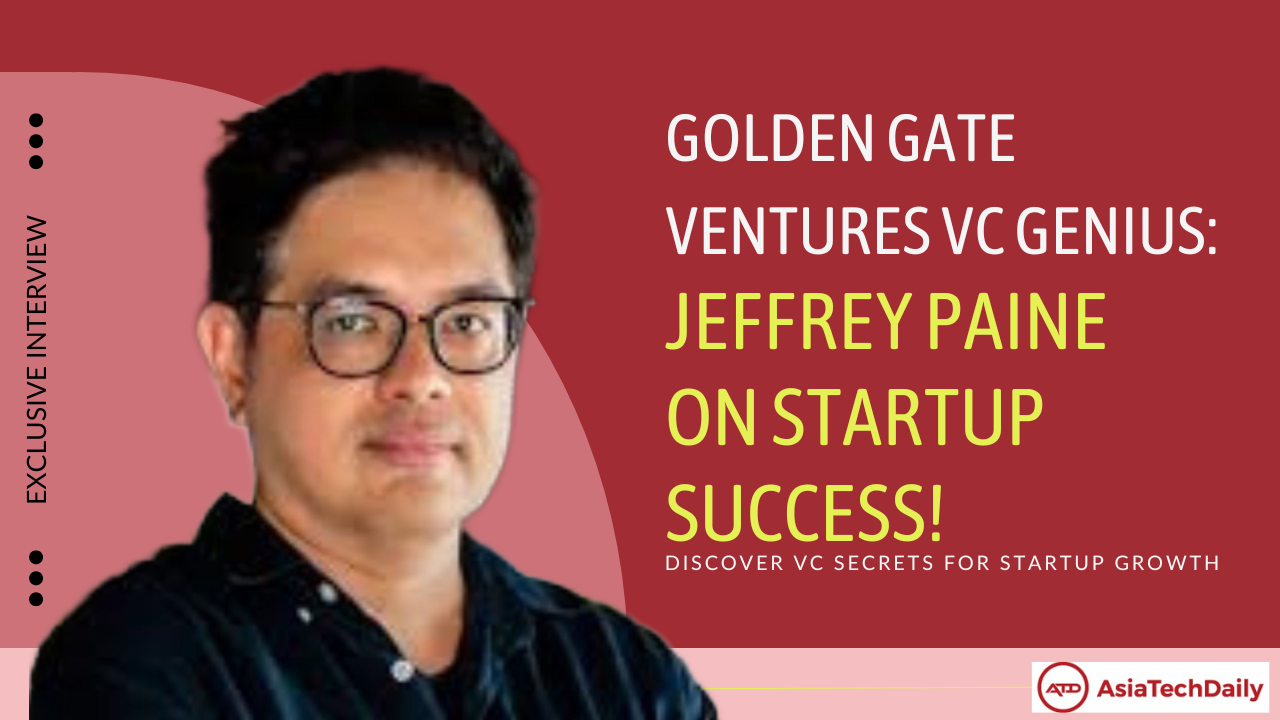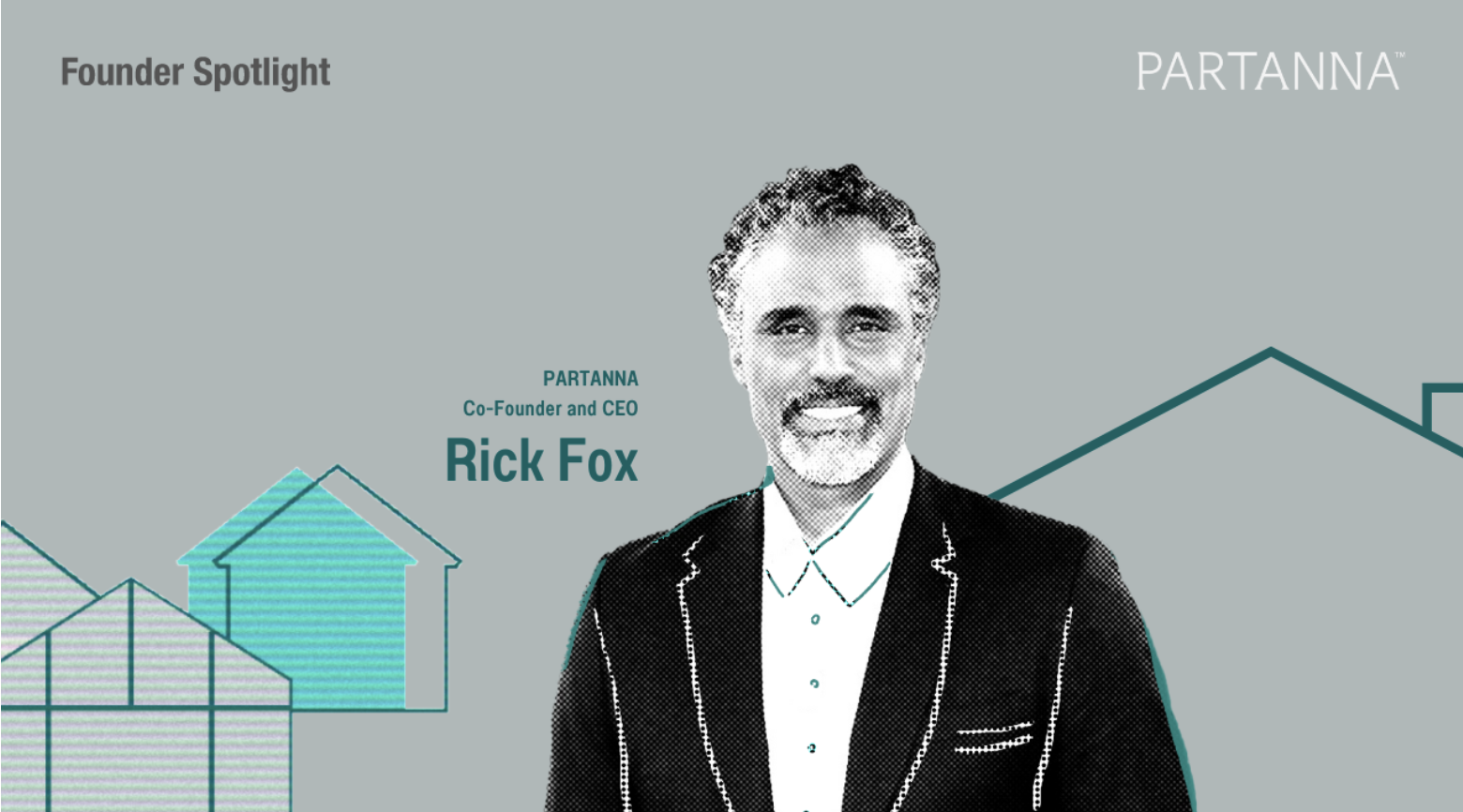AsiaTechDaily – Asia's Leading Tech and Startup Media Platform

How Belsasar Lepe, Co-Founder And CEO Of Cerby Raised $3.5M To Reduce The Risk Of Shadow IT?
Belsasar Lepe (Bel) is co-founder and CEO of Cerby. He previously was Head of Product at Impira, where he led the company’s Product Life Cycle, helping drive a 4x increase in revenue.
Prior to his role at Impira, Bel was Co-founder and CTO at Ooyala, where he led a global product, design, and engineering team of 300+ spanning five countries. Ooyala achieved two successful exits totaling over $440M. Bel began his career as an engineer at Google working on Enterprise Collaboration products and studied Computer Science at Stanford University. He is an active advisor and investor in start-ups, with a specific focus on Latin America.
Cerby is a stealth security company helping security teams and end users harness Shadow IT. They deliver a seamless end user experience and address the shadow IT problem by enabling end users to onboard and securely use applications of their own choosing.
In an exclusive interview with AsiaTechDaily, Belsasar says:
A common mistake is approaching each geography with the same playbook. There are some geographies whose language and local support requirements require you to invest slightly in advance of revenue coming in from that geography. Depending on your category, there are other geographies where you can test the market purely through partnerships.
It is important to know when to deploy what strategy depending on the target geography and localize effectively. This includes more than just your offering, but one should also, pricing, deal cycles, local laws, and sales tactics.
Founders often don’t realize they are building two things – a product and a team that can create and maintain that product. I’ve frequently seen founders painstakingly building their products but haphazardly assemble their teams and team culture. Both require the same care and attention to detail and ultimately set you up for long term success.
Read on to know more about Belsasar Lepe and his journey.
Please tell me about your personal background and What motivated you to get started with your company?
Belsasar Lepe:I attended Stanford University to study engineering and started my career as a software engineer at Google nearly 15 years ago. Two years into my time at Google, I left with two Googlers to found Ooyala in 2007. We later sold the company for $400M+ to an Australian telecom company.
With Cerby, I am a second-time founder. My co-founder and I decided to start the company because of the tremendous market opportunity we saw in helping enterprises of all sizes make Shadow IT work for them. Up until now, most security tools have been focused on combating Shadow IT. We see a different approach that instead embraces Shadow IT.
What is your current main product, and can you share any previous product pivot story to the current product?
Belsasar Lepe: We are only six months into the company’s existence, so we are very much still executing against our original vision for the company and product. That vision is to solve one of the main problems in Shadow IT – how end-users share credentials – with the mission to make security the responsibility of every employee.
Today, it is projected that 80%+ of account takeovers are to do with the mismanagement of passwords. We see an opportunity to fundamentally redesign how identities and access to corporate resources are shared. So, our product is focused on managing the complete lifecycle of shared accounts.
How much money have you raised in total so far? When was the recent funding round?
Belsasar Lepe: We have raised $3.5M in Series Seed funding, led by Bowery Capital. This round was closed in late July of 2020.
What were the internal decision processes in determining when to begin fundraising, and what were the logistics for this? And how many investors have you met so far and how did you meet these investors, and which channels worked best for you?
Belsasar Lepe: We had aggressive timelines to meet, especially around the US elections, so we started raising immediately after incorporation. My co-founder and I pitched to sixty different VCs and individual investors. About half of these investors were investors we knew from Google, Ooyala, and Wizeline or were investors we were introduced to by investors who felt they weren’t a fit for Cerby. The other half reached out to us upon reading on our LinkedIns that we were working on a stealth mode company.
Ultimately, all pitches occurred over Zoom, and about half of the sixty investors we pitched were interested in investing in us. We found the investors interested in the evolving enterprise had an investment thesis that was most aligned with our company’s focus area. We were pleased to close fundraising in under 2 months – which is very rare in Silicon Valley.
What are the biggest challenges and obstacles that you have faced in the process of fundraising? If you had to start over, what would you do differently?
Belsasar Lepe: Pitching over Zoom was something that took getting used to. We eventually learned that making pitches more conversational and less slide heavy worked well for us. Had we known this at the start of our process, we would have pivoted to this presentational approach earlier.
What are your milestones for the next round? And what are your goals for the future?
Belsasar Lepe: We will establish a product/market fit on the current round of funding. Once we believe we have established a product/market fit for the first time, we will seek out Series A funding.
How have you attracted users, and with what strategy have you grown your company from the start to now?
Belsasar Lepe: We’ve leveraged our existing network of contacts from my co-founder’s times at Ooyala and Wizeline (the company where my co-founder was CTO). Our advisors and investors have also immensely helped introduce us to potential prospects and users who can give expert feedback on our product and area of focus.
Which has been the best marketing software tool for the growth of your startup, and why?
Belsasar Lepe: So far, it has been word of mouth. We believe the problem we are solving and how we are solving it has piqued prospective customers and problem solvers alike.
What do most startups get wrong about marketing in general?
Belsasar Lepe: In the early stages before product/market fit, I believe a common mistake is engaging prospects with an intent to sell versus learning. If you engage with an intent to learn, and your product solves’ problem resonates with the customer, the possibility of a sale naturally comes after.
How do you plan to expand globally?
Belsasar Lepe: We first want to establish a product/market fit in North America. Once we have done this, we will look to expand to other geographies. We want to be sure that we do not strain the company by expanding into certain geographies prematurely but recognize that the Shadow IT challenge is one that impacts the global market.
What are the most common mistakes companies make with global expansion?
Belsasar Lepe: A common mistake is approaching each geography with the same playbook. There are some geographies whose language and local support requirements require you to invest slightly in advance of revenue coming in from that geography. Depending on your category, there are other geographies where you can test the market purely through partnerships.
It is important to know when to deploy what strategy depending on the target geography and localize effectively. This includes more than just your offering, but one should also, pricing, deal cycles, local laws, and sales tactics.
How do you handle this COVID-19 outbreak situation for your company’s survival in the future?
Belsasar Lepe: We were founded in the middle of the pandemic. We are remote by default, with the team spread across the US and Mexico. Cerby is positioned to scale in the current climate – and beyond.
What are the most common mistakes founders make when they start a company?
Belsasar Lepe: Founders often don’t realize they are building two things – a product and a team that can create and maintain that product. I’ve frequently seen founders painstakingly building their products but haphazardly assemble their teams and team culture. Both require the same care and attention to detail and ultimately set you up for long term success.
What’s the best advice you’ve ever received? And What advice do you have for someone who is interested in doing similar things like yours or in a similar direction?
Belsasar Lepe: The best advice I have ever received is that people work for people, not companies. So, remember to be good to your teammates. To push them, encourage them, and help them achieve their goals. After all, employees usually don’t leave companies. They leave teams, teammates, and managers.
How do you keep yourself motivated every day?
Belsasar Lepe: I’m a very competitive person that doesn’t like to idle. In a startup, every day is an opportunity to get ahead of the competition. So, there is no way not to be motivated.
What are the top three life lessons that you want your (future) sons and daughters to know?
Belsasar Lepe:
- A strong work ethic is a foundation to any successful endeavor
- Few people are both great leaders and managers – figure out which one you are and find a partner or partners to compliment you
- Never be afraid to ask for help or advice – people are generally good and willing to help
You can follow Belsasar Lepe here.
Are you looking to secure investment for your startup or a keen startup enthusiast, keep an eye on our interview section.
Follow Asia Tech Daily to know about the innovative startups and how they are revolutionizing the ecosystem.





